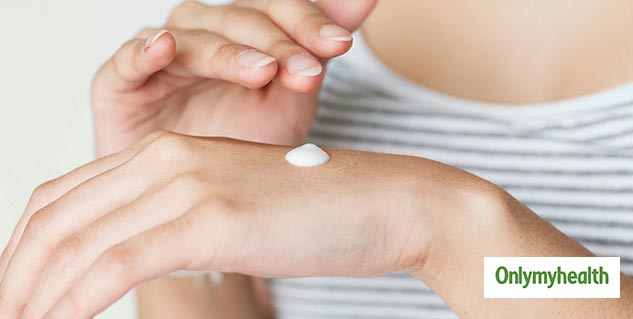

DOES SUNSCREEN PREVENT TANNING SKIN
“The idea that the SPF number is the most important variable in the sunscreen equation is a huge misconception,” says Orit Markowitz, M.D., Director of Pigmented Lesions and Skin Cancer at Mount Sinai Hospital in New York City. You’re at the drugstore and you see a bottle of sunscreen with SPF 30 and another with SPF 100-you should go for the 100, right? Maybe not. Myth #2: “The higher the SPF number, the better the protection.”

Bottom line: Skin color alone ain’t cutting it-you’ve got to slather on that SPF. “I’ve personally seen skin cancers growing on the faces of those who have the darker type four or five skin, and it’s usually a shock to them,” says Alison Avram, M.D., a dermatologist specializing in skin cancer at Massachusetts General Hospital (MGH). While less common than in Caucasians, Black and Hispanic women are diagnosed with all forms skin cancer. In fact, even the darkest skin tones only have a natural SPF of about 13, which is why the American Academy of Dermatology recommends that everyone, regardless of skin color, use an SPF of 30 regularly. “So the idea that getting a ‘base tan’ allows you to lay out in the sun for hours is a false sense of security.” “But a tan is only the equivalent of basically an SPF 2,” Waldman says.

A tan is the same thing it’s telling you that your skin is being damaged.”Ī tan is essentially your skin’s melanocytes reacting to UV exposure by churning out more pigment in an effort to protectively reflect away some of those damaging rays. “If a person is having a heart attack, the first sign might be chest pain. “Nothing about a tan is healthy-it’s essentially your skin sending out an SOS,” says Mona Gohara, M.D., associate clinical professor of dermatology at Yale University. If you’re someone who loves to greet summer with a golden glow, know this: When used properly, sunscreen prevents tanning-and that’s a good thing. Myth #1: “I tan, so I don’t need to wear sunscreen.” Here, Waldman and other top doctors debunk the SPF myths they hear most often from their patients, and offer commonsense strategies for proper sun protection. “Wake up, brush your teeth, put on sunscreen.” “The key to aging well and preventing skin cancers is to get in the habit of putting on a product with SPF every single day,” says Abigail Waldman, M.D., clinical director of the Mohs and Dermatologic Surgery Center at Brigham and Women’s Hospital in Boston. They want you to use sunscreen regularly and take other defensive measures like seeking shade throughout the day and wearing sun protective clothing.

Play icon The triangle icon that indicates to playįor dermatologists, there’s no confusion on the subject.


 0 kommentar(er)
0 kommentar(er)
